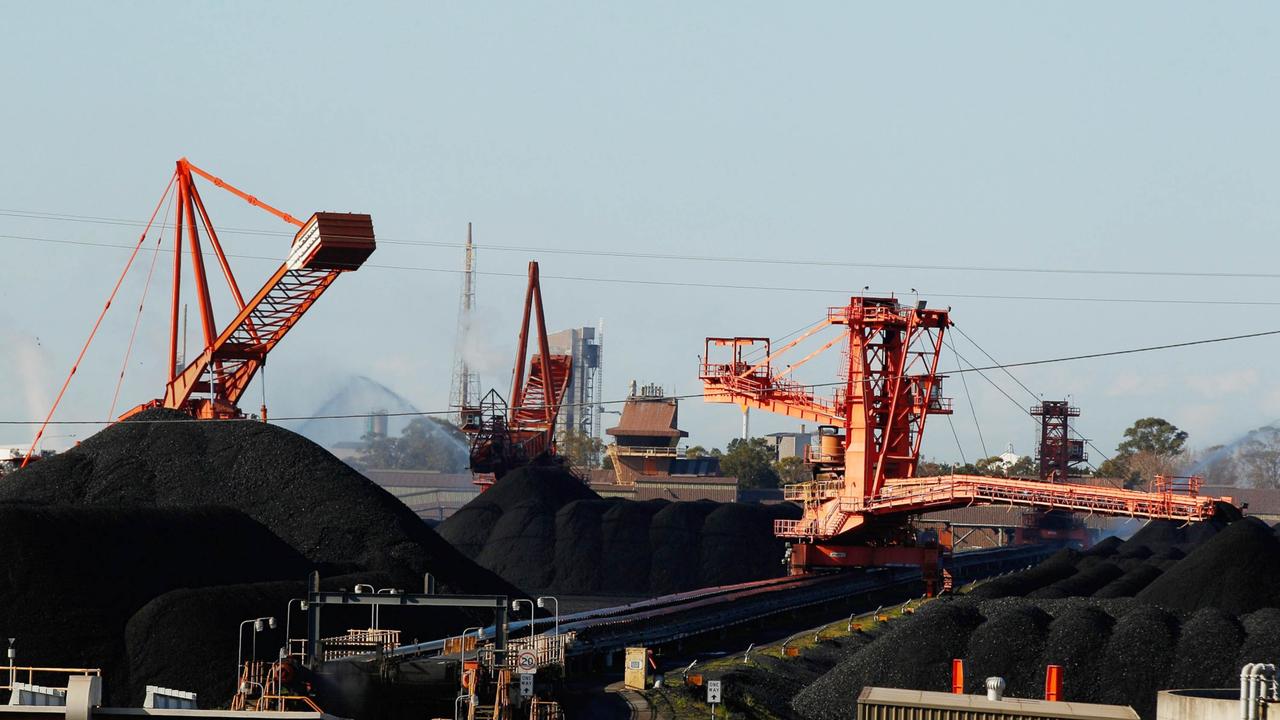‘Dangerous game’: China fires up at new Labor government in seething editorial
The new Labor government has been flamed by the Chinese Communist Party which as accused Canberra of “playing a very dangerous game”.
The new Labor government has been flamed by the Chinese Communist Party which has accused Canberra of “playing a very dangerous game”.
In a seething editorial in the party’s mouthpiece media outlet, the CCP blasted the actions of Australia’s Deputy Prime Minister and Defence Minister Richard Marles in a four-day visit to the US last week.
The Global Times said Mr Marles had “degraded himself” during the visit and “belittled the whole of Australia” by allegedly surrendering the nation’s sovereignty to the US.
The author said he did this by “repeatedly advocating that Australia and the US should work together to contain China” – and accused Mr Marles of being even more hostile towards China than the US or his predecessor Peter Dutton.

“Even when Washington reluctantly maintains that it has ‘no intention to have a conflict with China,’ Australia hardly hides its intention of regarding China as its biggest imaginary military enemy and has even repeatedly acted more aggressively than Washington,” the editorial read.
“In this process, the Australian defence minister has become one of Canberra’s most aggressive actors against China. Marles’ image as the new defence minister is now becoming blurred.
“From Tokyo to New Delhi to Washington, Marles’ string of comments on the so-called China threat make it increasingly difficult to distinguish him from his extremely anti-China Liberal predecessor Peter Dutton.
“In less than two months, Marles has rushed to reverse the outside world’s impression of him as being ‘rational’ toward China, and it has also raised more doubts about the willingness of the new Australian administration to improve relations with China.”
The editorial made notes of attempts from the new Australia government to “thaw” a tense relationship between Canberra and Beijing.
“However, the continuity of the two defence ministers Dutton and Marles in regarding China as a ‘imaginary enemy’ is sufficient to indicate that the US’ influence over Australia, particularly the Australian military, is very deep, which reflects the complex challenges for improving China-Australia ties,” it read.

The editorial then went on to make accusations it made against the previous government – that Australia was becoming a lapdog of the US and its interests.
However, it said in the process it was unnecessarily creating “a great and powerful enemy” for itself in China.
“To put it bluntly, Australia has turned itself into a strategic asset for Washington, leaving its comfortable position in the safe zone for the frontline of geopolitical conflicts,” it read.
Australia urges China to end unofficial coal ban
This all came as treasurer Jim Chalmers today called on China to end the unofficial ban on Australian coal, saying doing so would be an important step in repairing Australia’s relationship with Beijing.
Speaking on the sidelines of the G20 in Bali, Mr Chalmers called for China to also end the restrictions currently impacting other Australian goods.
“It should extend to the restrictions that are placed on some of our other exports as well in the interests of our employers and our exporters here in Australia,” he said.
China introduced several tariffs and an unofficial ban on resources like coal in 2020 after then-prime minister Scott Morrison pushed for an investigation into the origins of Covid-19.
Now, China has been contemplating easing restrictions around Australia’s coal exports over reports the country is seeking to avoid the power shortages that saw factories shut down and caused sudden blackouts last year.
Stream more world news live & on demand with Flash. 25+ news channels in 1 place. New to Flash? Try 1 month free. Offer ends October 31, 2022 >

Keen investors wasted no time jumping on to these rumours, resulting in a rise in share prices for coal mining companies.
Speaking to Sky News on Sunday, Mr Chalmers said the reversal of the ban would be a “very welcome development”.
“Clearly, that would be good news for our exporters, and we’d like to see it happen,” he said.
“We’ve made it clear, really, for the whole duration, so far, of this government, that an important part of stabilising relations with China is to see some of those sanctions lifted on our employers here in Australia.”
However, Mr Chalmers noted such a move has not been officially confirmed.
– With Ally Foster






